Pros: Strong and efficient engine; comfortable ride; stylish and ease-to-use interior; good driver assistance tech
Cons: Blah handling; no hybrid engine options; middle-of-the-road transmission; smaller cargo area than others
The small SUV segment is stuffed with strong competitors, and it can be easy for some models to get overlooked for best-selling staples like the Honda CR-V or Toyota RAV4. One of those options is the 2024 Nissan Rogue. And that's not fair, as a recent full redesign and updates such as a perky turbo engine have made it an SUV that's worth your consideration.
Comfort and practicality are the Rogue’s strengths. It has a roomy interior with handsome trimmings. The infotainment system and other controls are easy to use, while its various driver assistance systems score highly. The turbocharged three-cylinder has lots of torque and good response that makes the Rogue easy to zip around town. It's a strong all-around package.
That's not to say it's perfect. Its main weakness is a lack of variety. While the standard turbo engine is a great entry-point, there’s no option for a performance upgrade or a hybrid as is offered by most competitors. Some even offer plug-in hybrids. This lack of powertrain variety is paired with a lack of trim level variety as well – there are no sporty or off-road-themed versions that many buyers appreciate. So while the core Rogue is fully competitive, you may find others better satisfy your particular tastes.
Interior & Technology | Passenger & Cargo Space | Performance & Fuel Economy
What it's like to drive | Pricing & Trim Levels | Crash Ratings & Safety Features
What's new for 2024?
Nissan gave the Rogue a styling refresh consisting of new bumpers, grille and some lighting tweaks. Platinum trim Rogues also get gloss black cladding. The inside is updated for SL trims and higher, which all get a new 12.3-inch infotainment screen and Google Built-In. This allows the system to run Google apps such as Google Maps natively without connecting a phone. And every Rogue adopts USB-C ports for device charging.
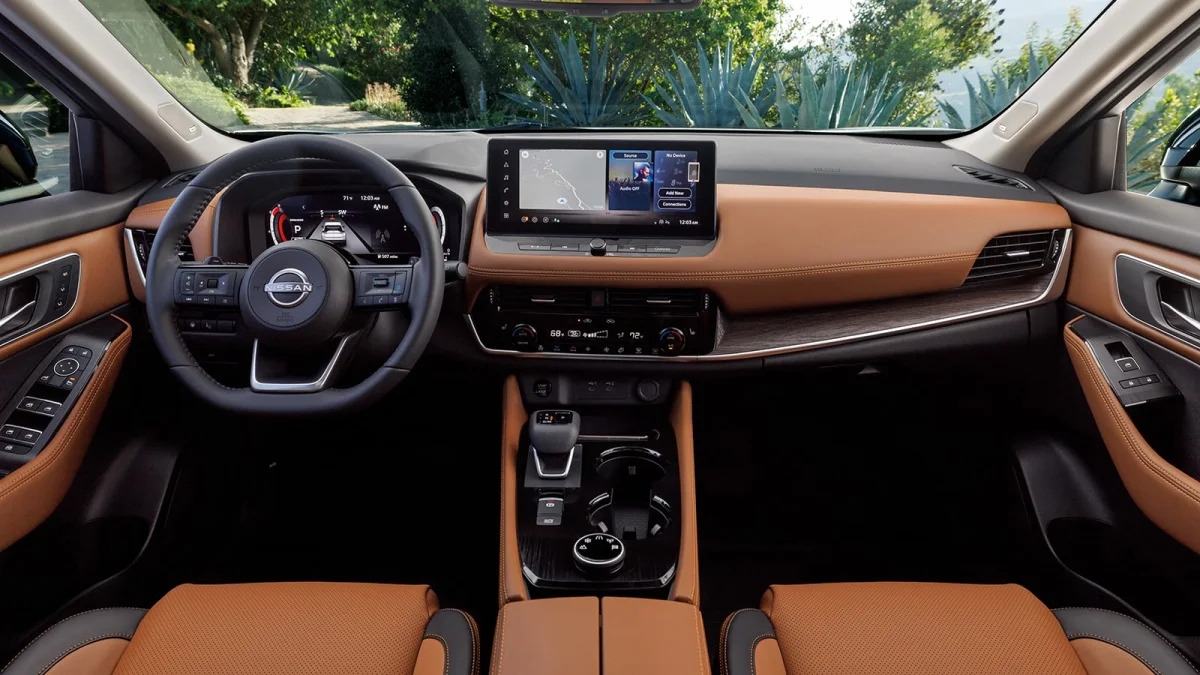
What are the Rogue interior and in-car technology like?
The Rogue has a stylish, well-constructed interior. It has a handsome dash that looks fairly fancy on higher trims with upholstered panels. You can even find impressively good faux wood trim and high-quality leather on top-spec Rogues. Lower trims aren't a major step down, and they thankfully have plenty of intuitive physical buttons and knobs for climate control and radio use. We've also found the front seats to be exceedingly comfortable.
The screens aren't bad either. The S and SV trims get an 8-inch touch screen for infotainment, whereas the SL and above get a 12.3-inch unit. All of them have large icons and are very responsive, making them a breeze to use. No matter what, every Rogue gets Apple CarPlay and Android Auto, and those features are wireless on SL and up. As for instruments, the lower trims get analog gauges with a 7-inch center screen, and higher models have a fully digital 12.3-inch cluster with some stylish, but easy-to-read graphics.
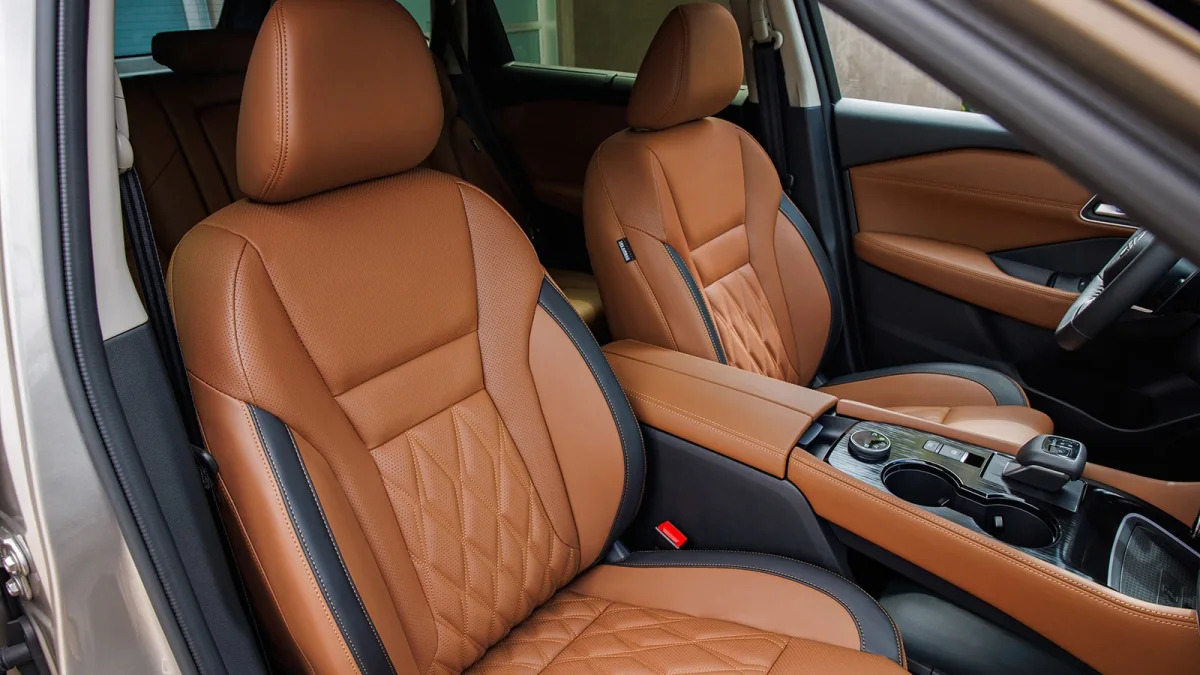
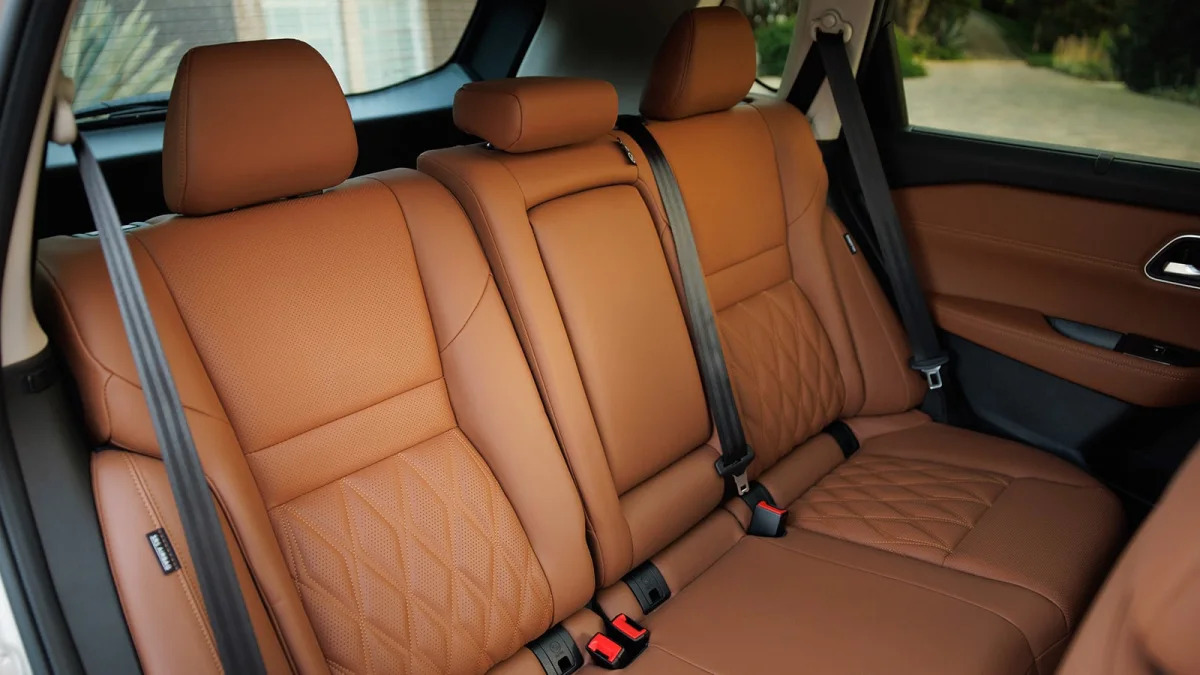
How big is the Rogue?
The Rogue measures up well versus other compact crossovers. It has one of the more passenger-friendly back seats in the segment, one that measures up with the RAV4, CR-V, Tucson and Sportage. We found there is plenty of room for a rear-facing infant car seat and it’s one of the few vehicles that provides a LATCH anchor in the middle position, but the anchor points were not big enough to accommodate our Gracco car seat's clips. As always, we'd recommend bringing along your own car seat on a test drive.
Maximum cargo capacity (second row dropped) is up to 74.1 cubic feet, which is among the bigger numbers in the segment. Space behind the raised second-row comes out to 31.6 cubic feet, which we found to be a very useful amount in our cargo testing. Still, compared to the rest of the segment, it couldn’t fit quite as much as the Sportage, Tucson, Forester, RAV4 and CR-V.
That said, we tested a Rogue without the innovative and useful “Divide-N-Hide” cargo floor (the beige Rogue below has it, the orange one does not). Besides increasing cargo volume to 36.5 cubic feet, it consists of two movable floorboards — keep them in for a flat floor; remove them for additional depth, or arrange them into a stacked formation to divide the cargo area into separate parts. A milk gallon holder aft of the wheels is built into the cargo area floor, so now your gallon of milk, water or whatever won’t annihilate the rest of your groceries on the way back from the store.
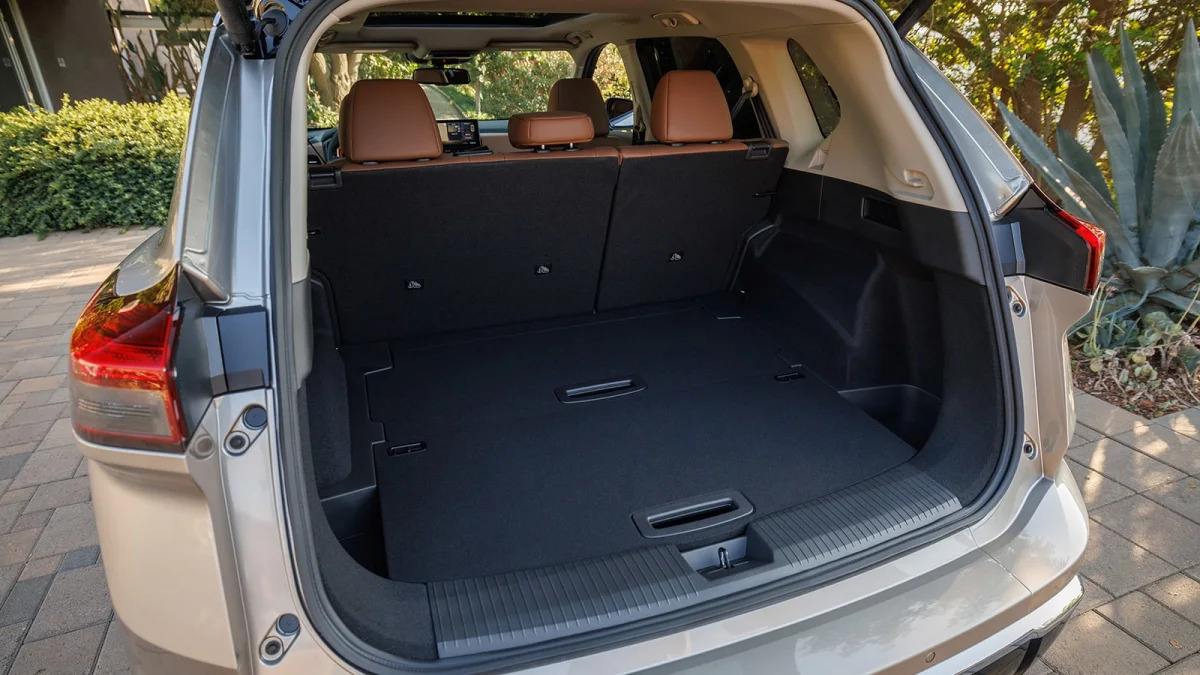
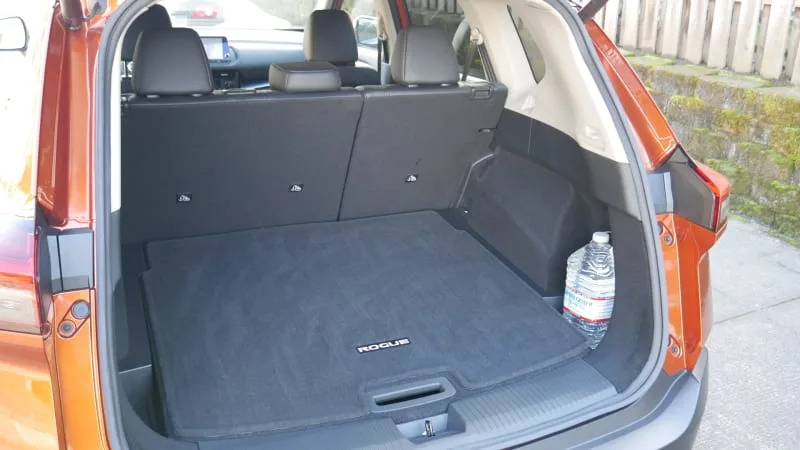
What are the Rogue's fuel economy and performance specs?
Your options for engine and transmission on the Nissan Rogue are simple: There's only one. Every Rogue gets a turbocharged 1.5-liter three-cylinder engine and a continuously variable transmission. The engine is a variable-compression engine similar to what's on offer in the Infiniti QX50 and QX55, just with one less cylinder. Output is above average for a base engine in this segment at 201 horsepower and 225 pound-feet of torque. As for drive wheels, you do get a choice of either front- or all-wheel-drive.
Fuel economy for the 2024 Rogue has not yet been announced. But it's unlikely to have changed much from the 2023 model. Front-wheel-drive Rogue S and SV trims return 30 mpg city, 37 mpg highway and 33 mpg combined. The SL and Platinum lower to 29/36/32. Opting for all-wheel-drive lowers the S and SV to 28/35/31, and the SL and Platinum to 28/34/31.
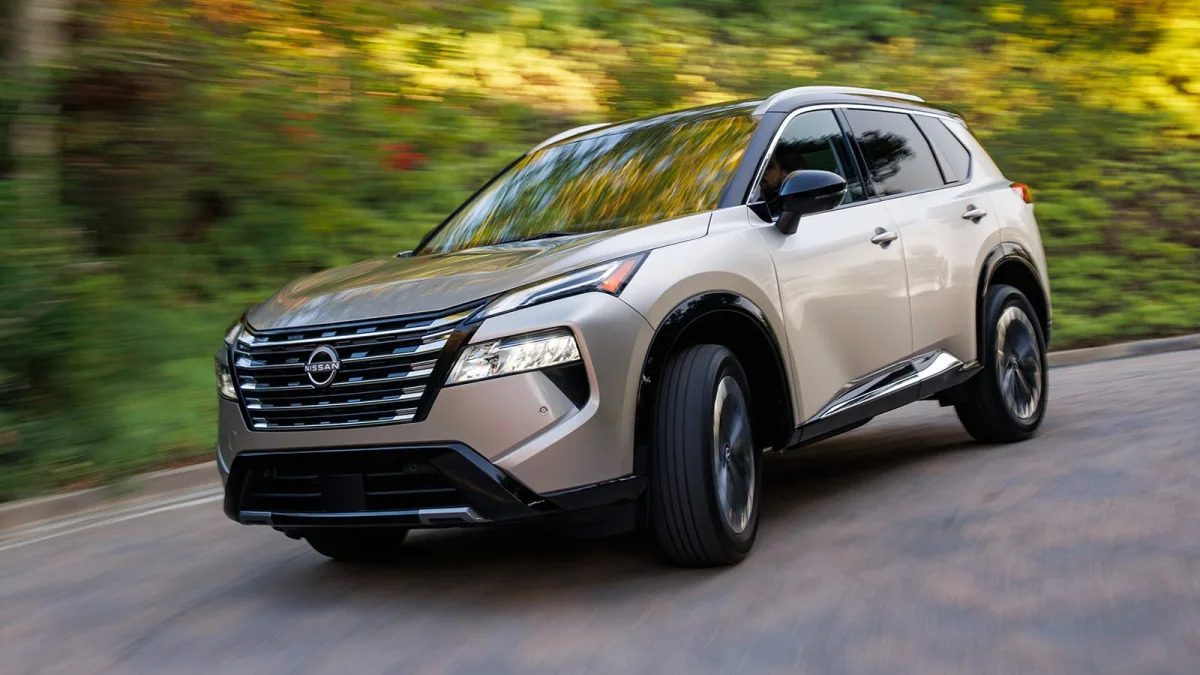
What's the Rogue like to drive?
The driving character of the Rogue is clearly focused on comfort and ease of use. The ride is on the soft side and does well at absorbing all variety of pavement pockmarks. It's reasonably nimble, though there are far more sporty SUVs available, such as the Mazda CX-50 and Honda CR-V. Steering is a bit lackluster with not much feel, but the light weight is in keeping with the Rogue’s relaxed nature.
The Rogue's turbo three-cylinder is a highlight. Its 201 horsepower and more so its 225 pound-feet of torque make it feel fairly gutsy, especially among much of the competition. It's surprisingly smooth, too, arguably more so than even the Infiniti four-cylinder it's based on. Throttle response is quick, in part thanks to a quick-spooling turbo. The CVT is decent as far as CVTs go, mostly emulating a conventional automatic, but it’s still not the real thing and some may not appreciate its unusual behavior. As good as the three-cylinder is, though, if you're looking for serious power, you'll want to consider options such as the 2.0L EcoBoost Ford Escape, the turbo Mazda CX-50 and the plug-in-hybrid options from Toyota, Kia and Hyundai.
What other Nissan Rogue reviews can I read?
2022 Nissan Rogue First Drive | New turbo engine is better late than never
Our first drive experiencing the turbocharged, variable-compression three-cylinder in the Rogue.
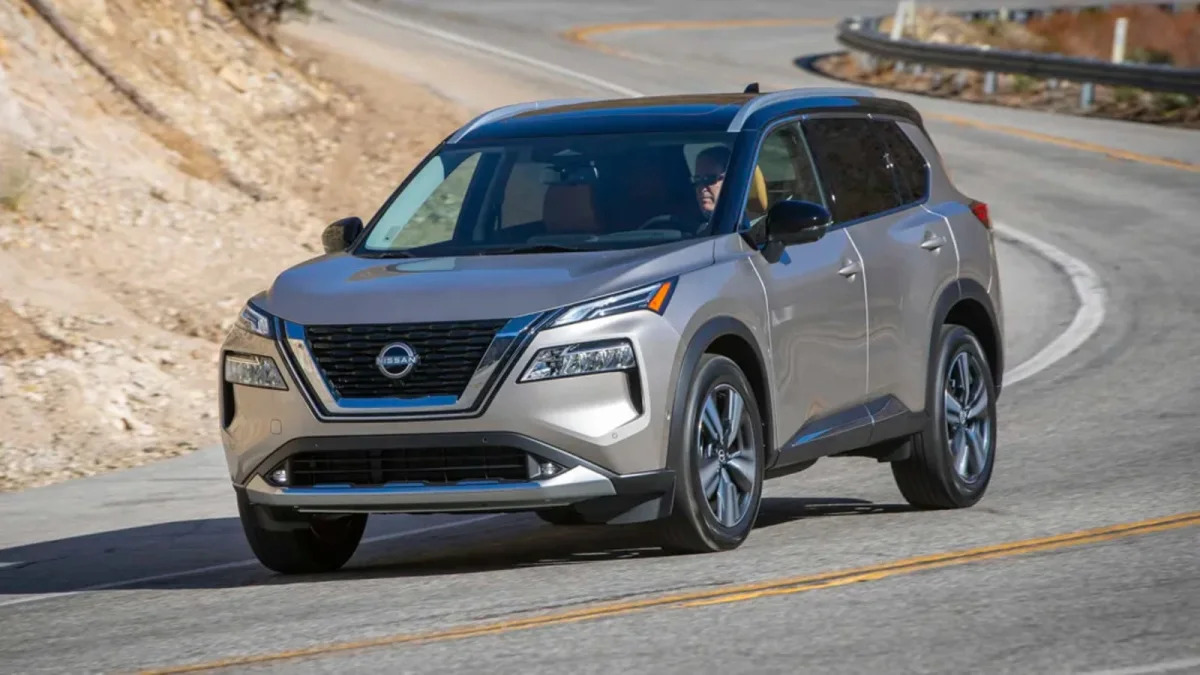
2021 Nissan Rogue First Drive | It’s good now!
Our first drive of the Rogue following its full redesign (with the old engine).
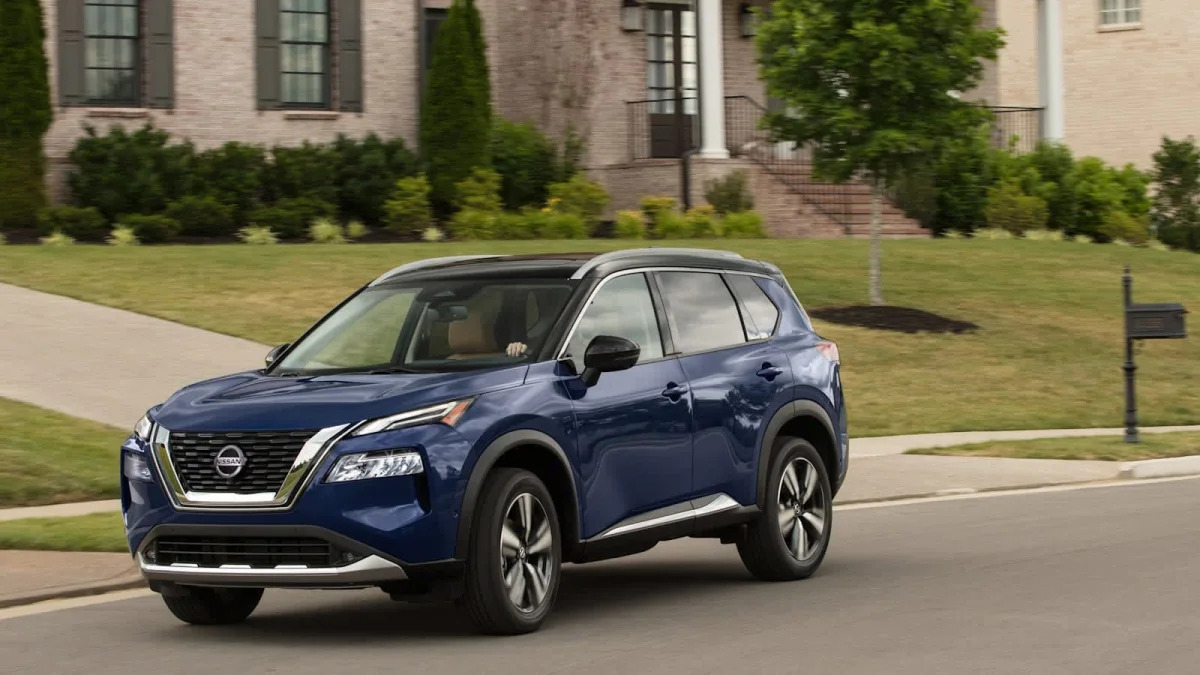
Nissan Rogue SV Luggage Test
We show how much stuff can fit behind the Rogue SV's raised back seat. Note that this is without the available Divide N Hide cargo system.
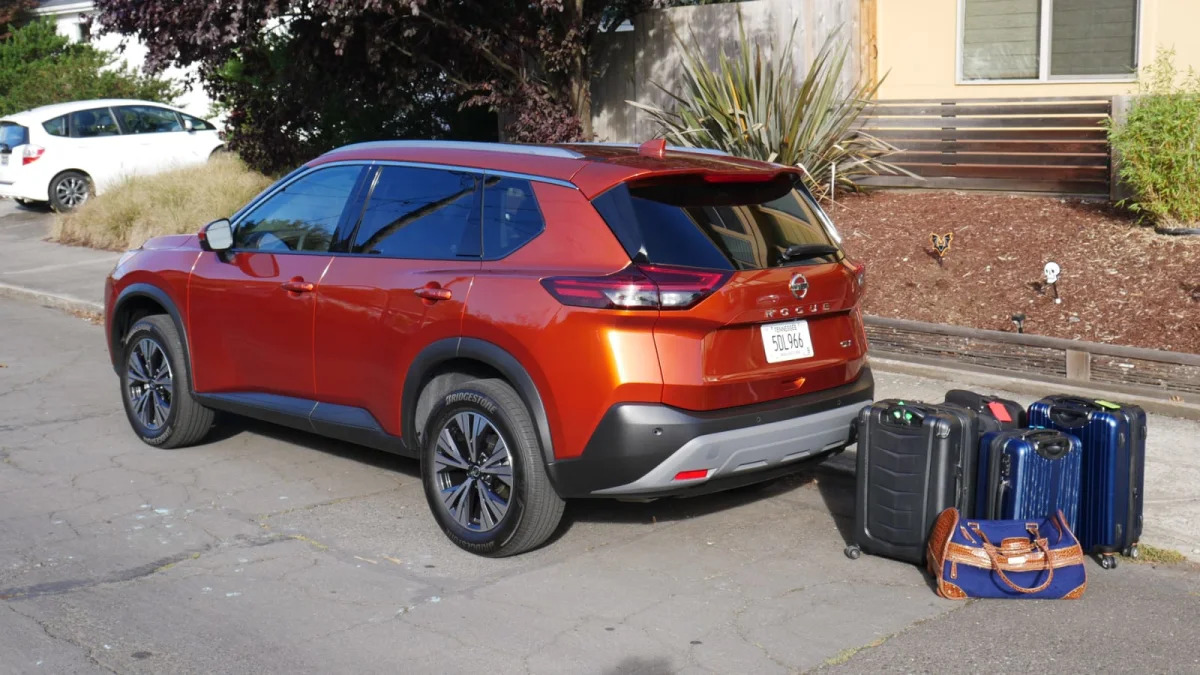
The Nissan Rogue has fake roof rails
The Rogue has unusual faux roof rails that disguise plug-in points for a Nissan crossbar accessory.
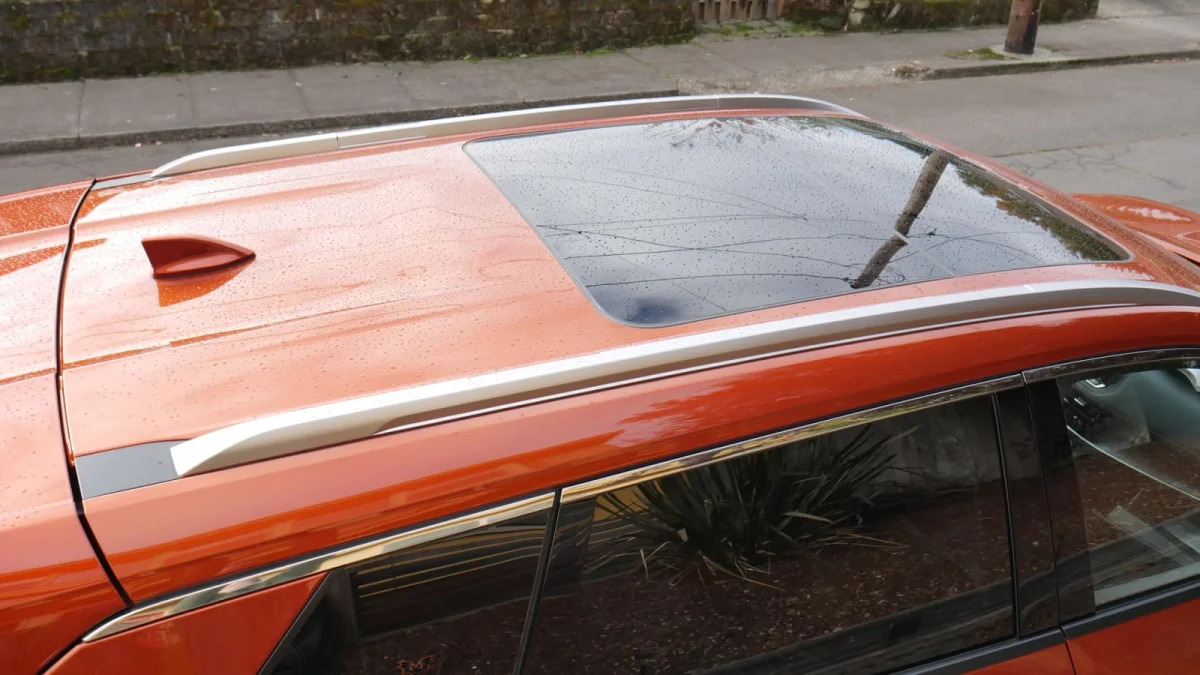
What is the 2024 Rogue's price?
Pricing hasn't been announced yet for the 2024 Nissan Rogue. It likely will see a slight price increase over the 2023. The 2023 Rogue started at $28,655 for the base front-drive model. The top Platinum trim started at $38,435.
What are the Rogue's safety ratings and driver assistance features?
The Rogue comes with a good number of safety features as standard. It has front and rear automatic emergency braking (the rear part is rare), front pedestrian detection, blind-spot and rear cross-traffic warning systems. It also has a full complement of airbags including also-rare side-impact airbags for the rear seats. Moving up to the SV trim, the Rogue picks up ProPilot Assist adaptive cruise control with lane-keeping steering assist and stop-and-go assist. The SL and Platinum add sign recognition and automatic speed adjustment based on navigation information.
The refreshed Rogue doesn't have ratings from IIHS or NHTSA yet, but the previous version does. The outgoing Rogue was an IIHS Top Safety Pick for 2023, having achieved top marks in all of the crash tests at the time, as well as for automatic braking and crash prevention performance. Headlight performance and child seat anchor access were also highly rated. NHTSA gave the Rogue four stars out of five for overall crash protection, with four for frontal protection and five for side-impact protection.
Related video:
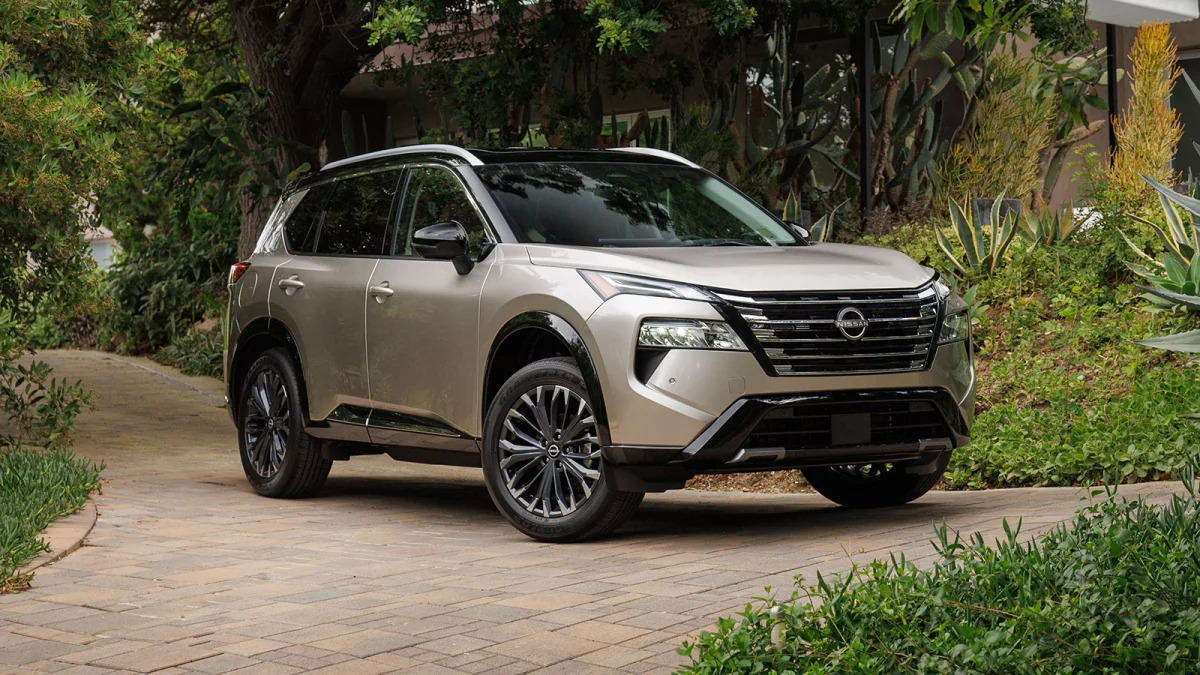
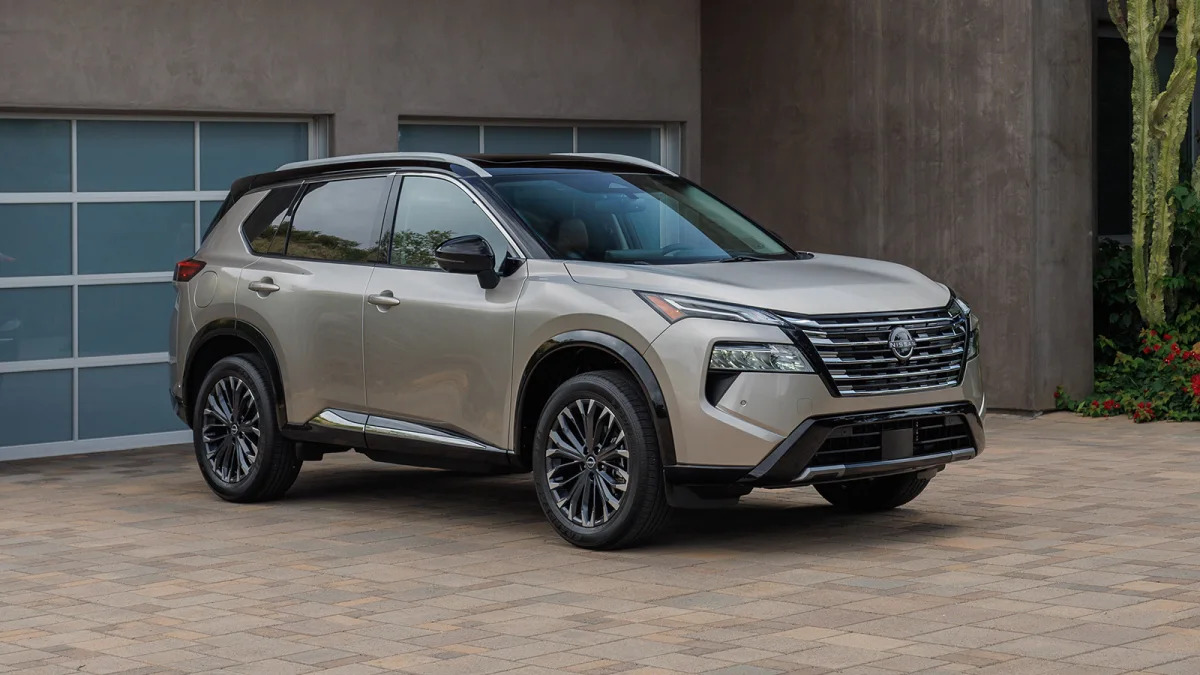
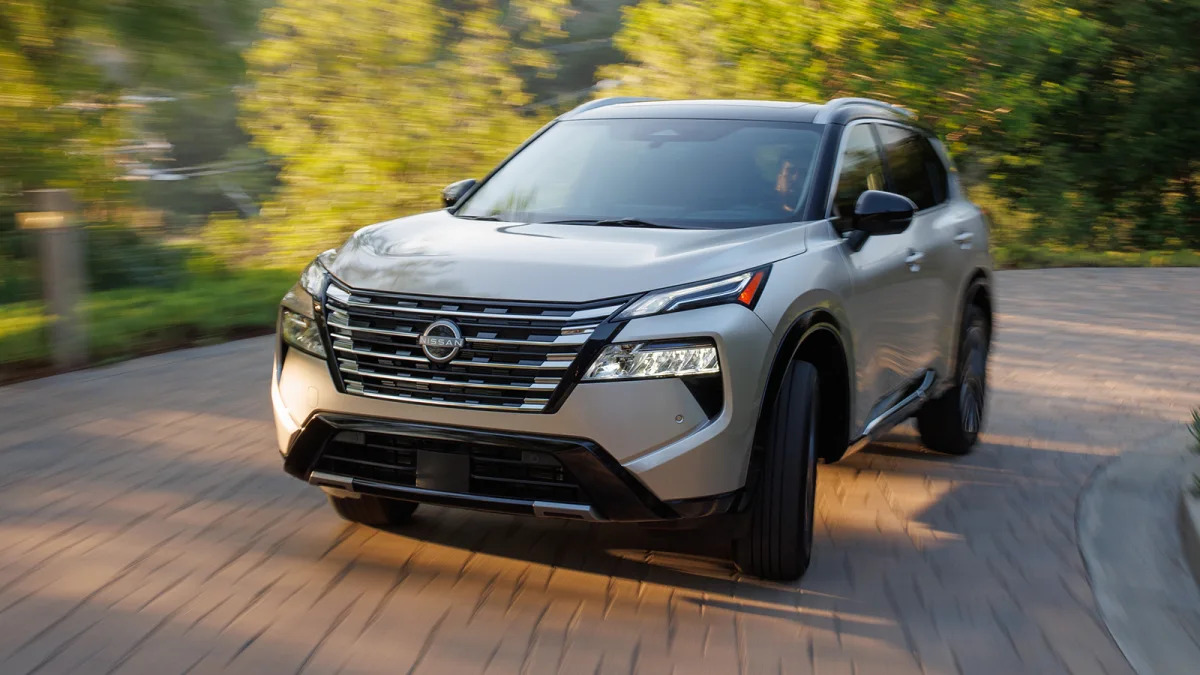

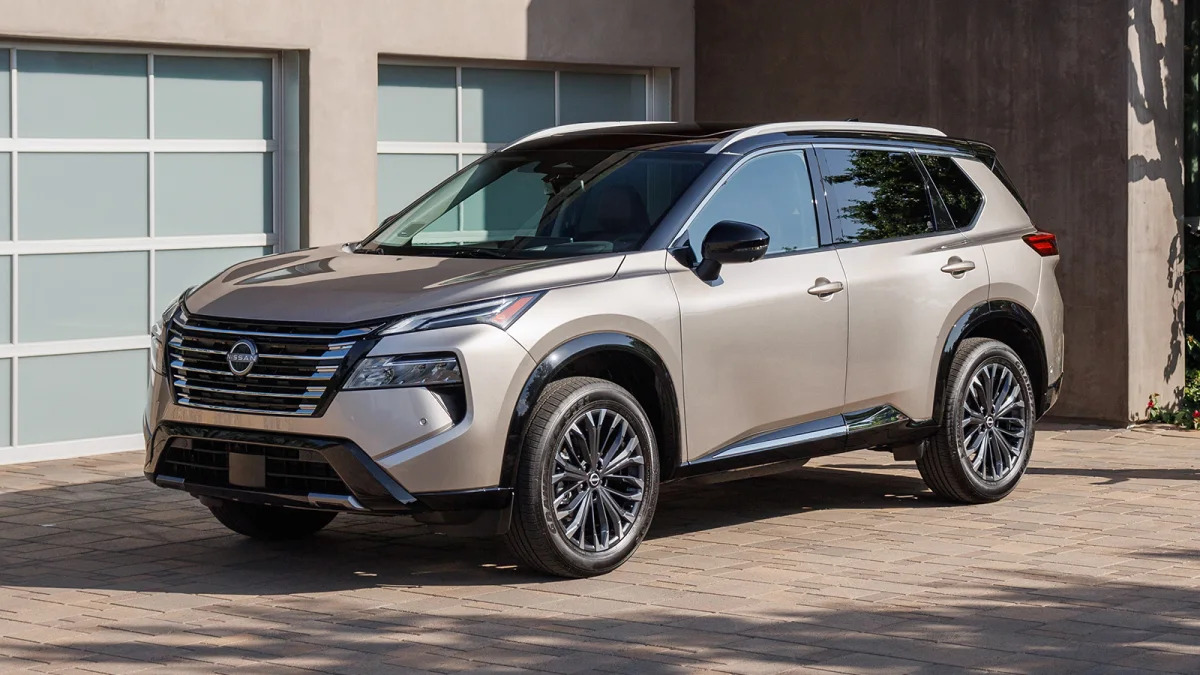
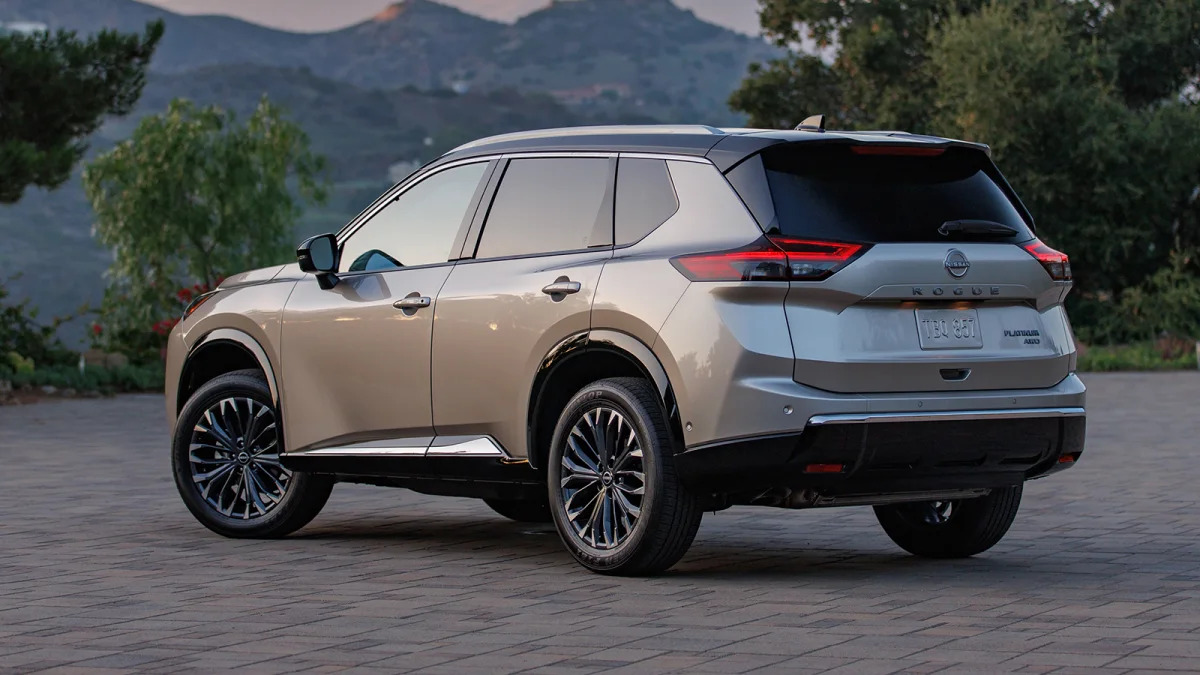
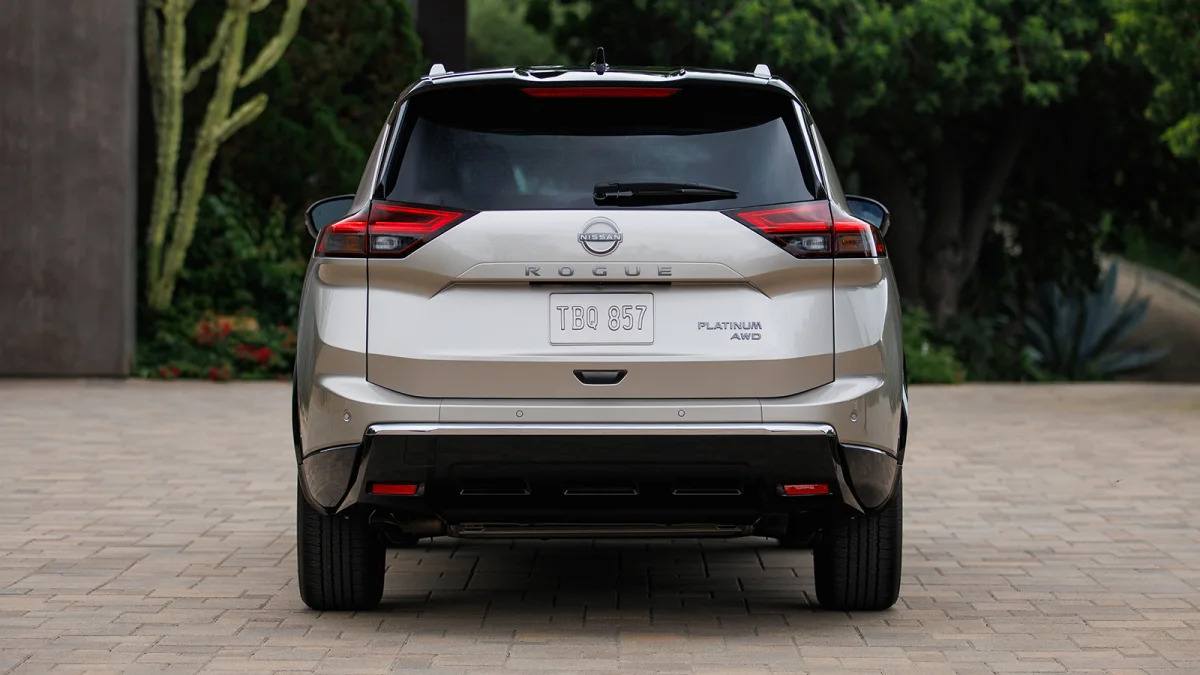
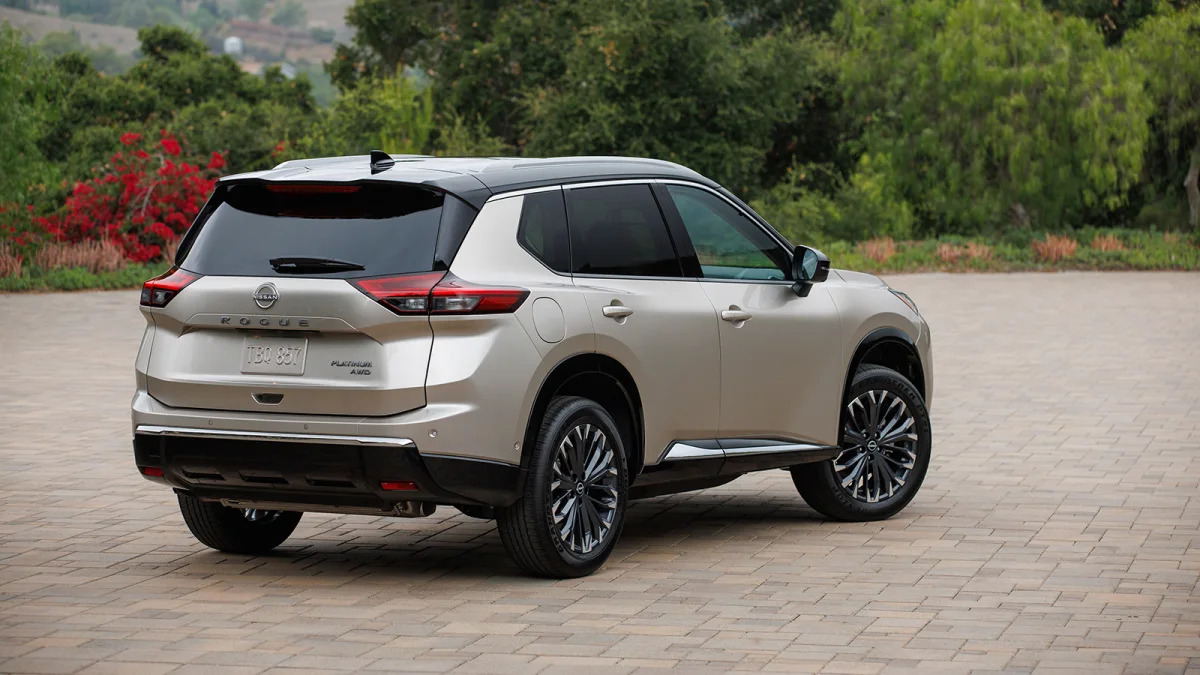
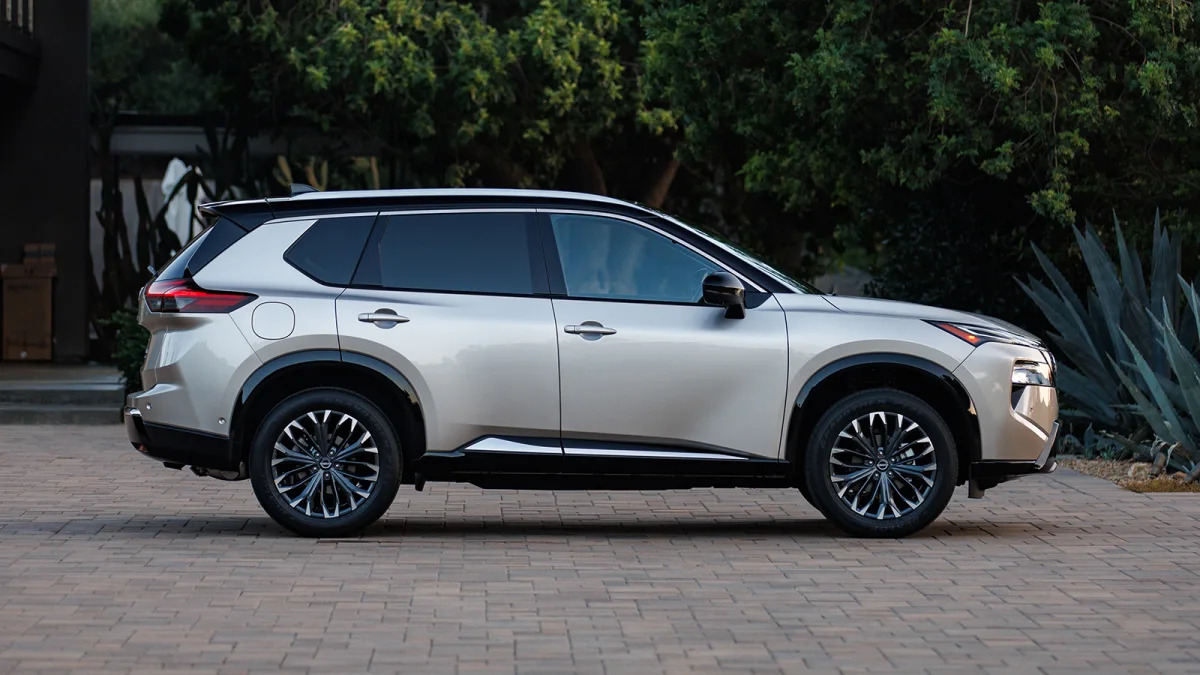
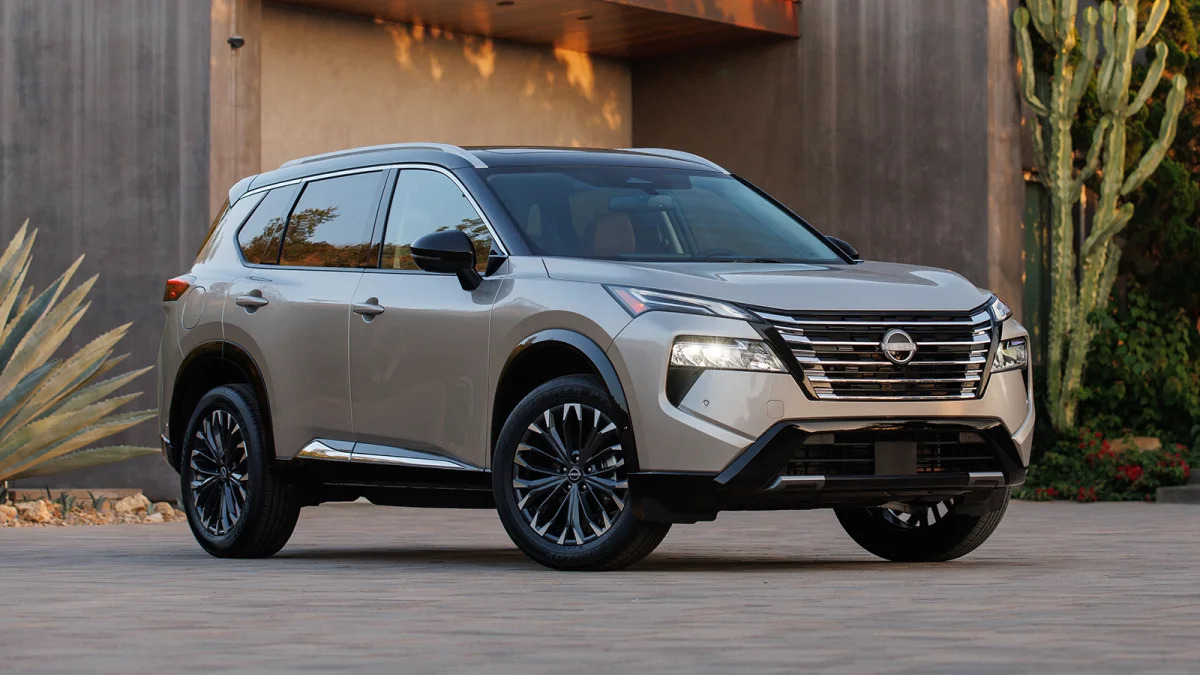
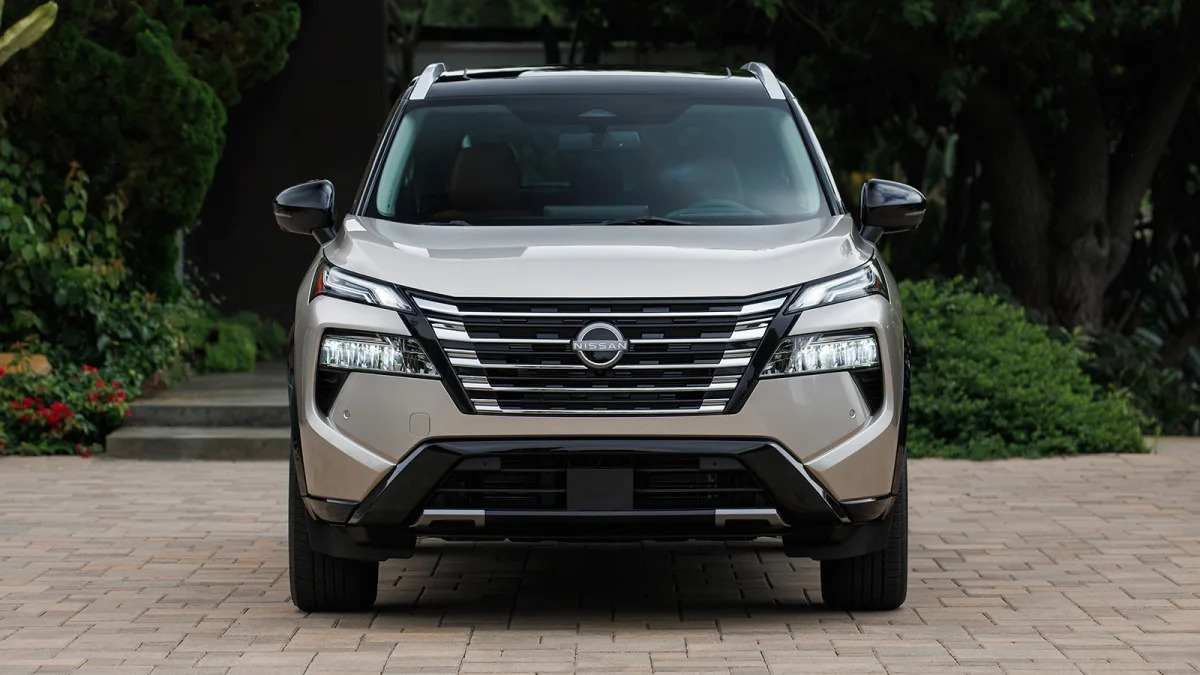
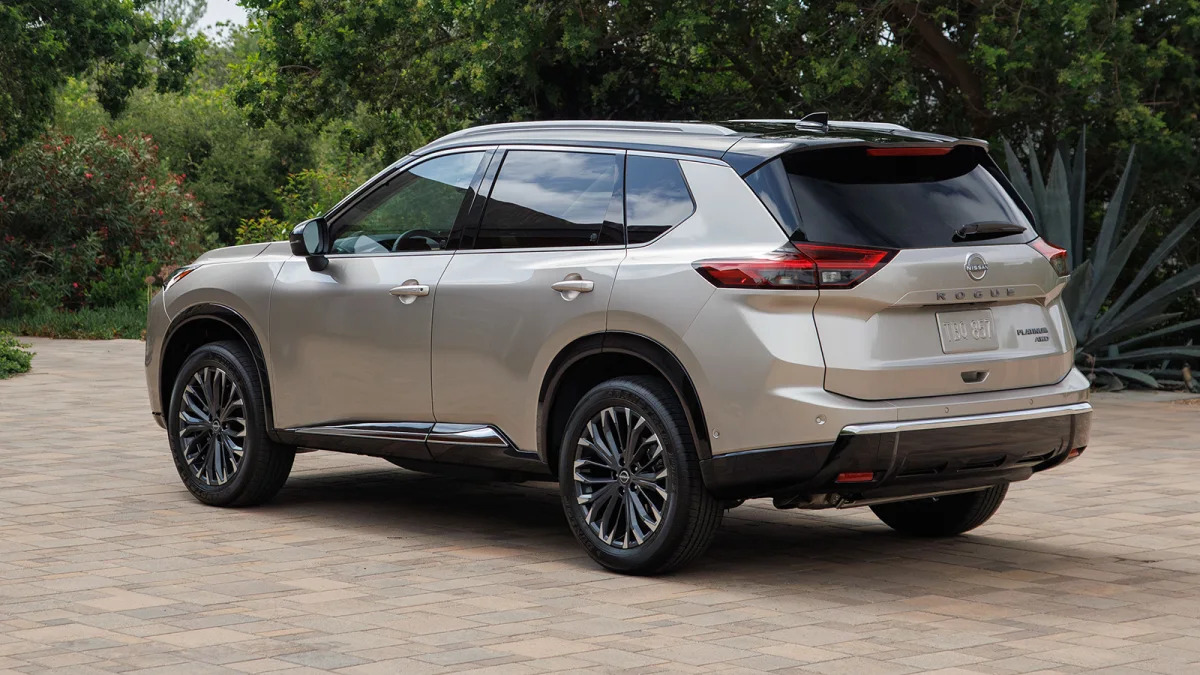
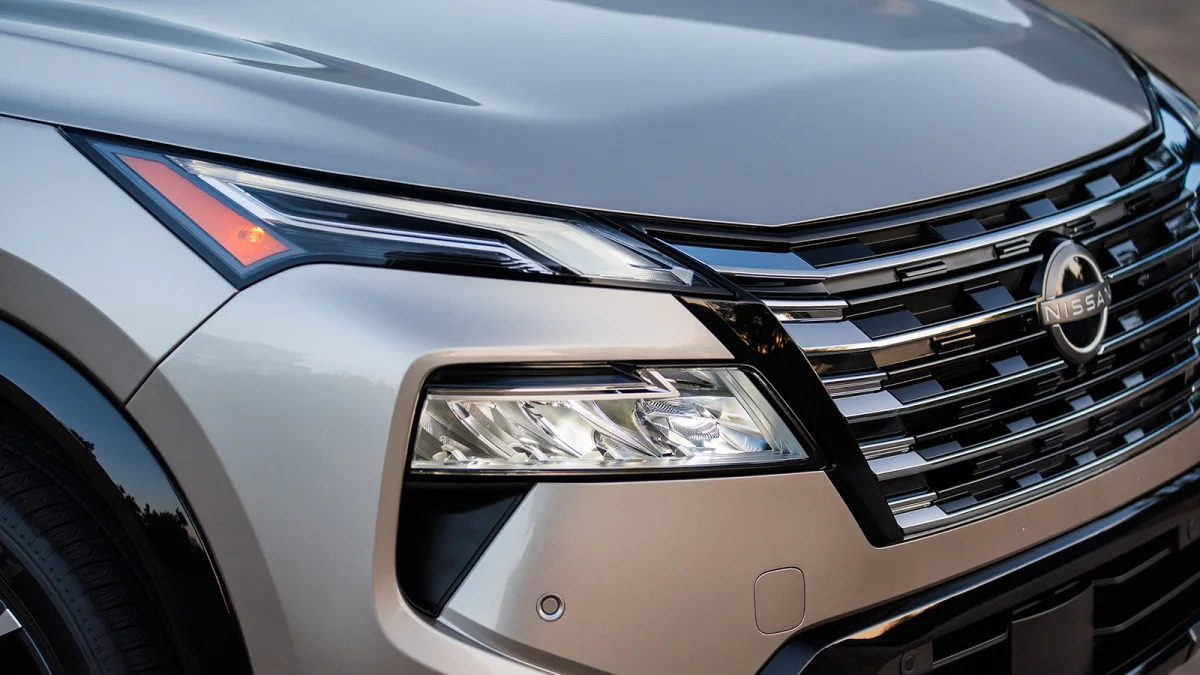
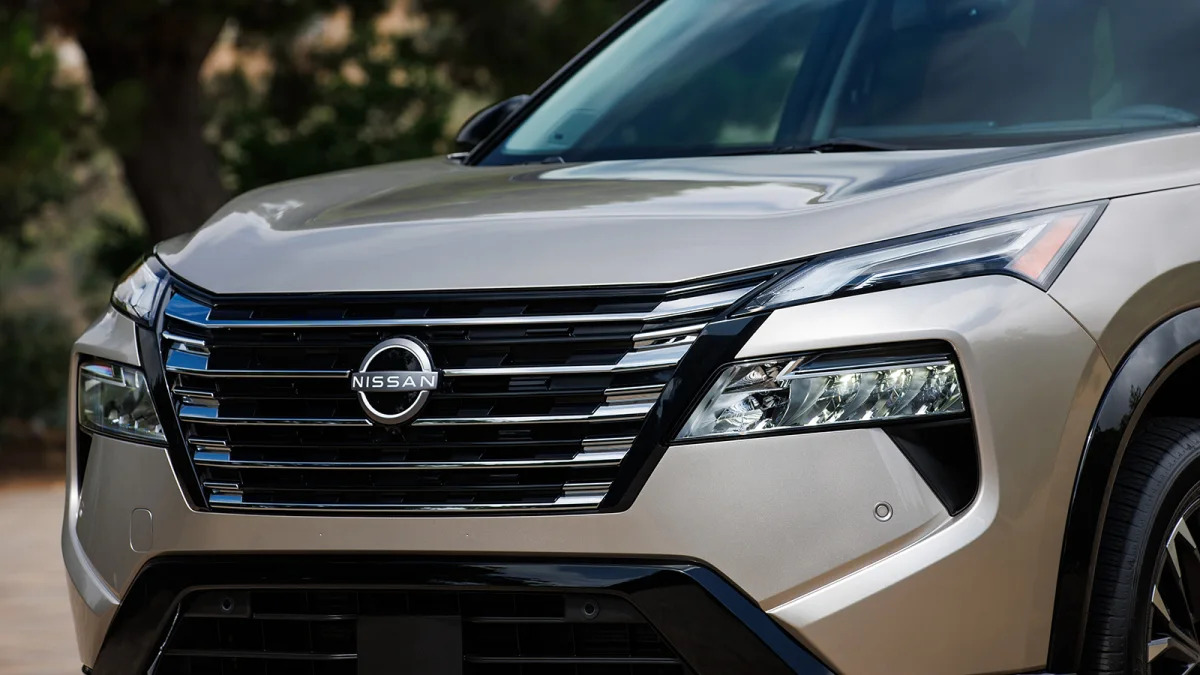
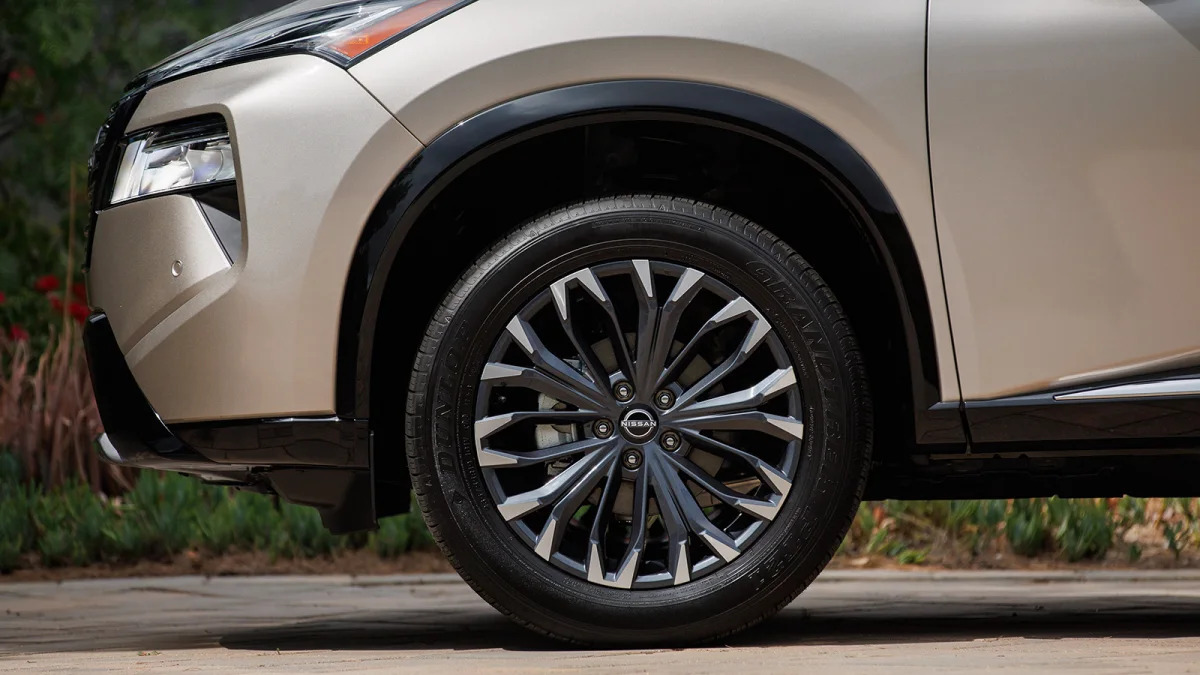
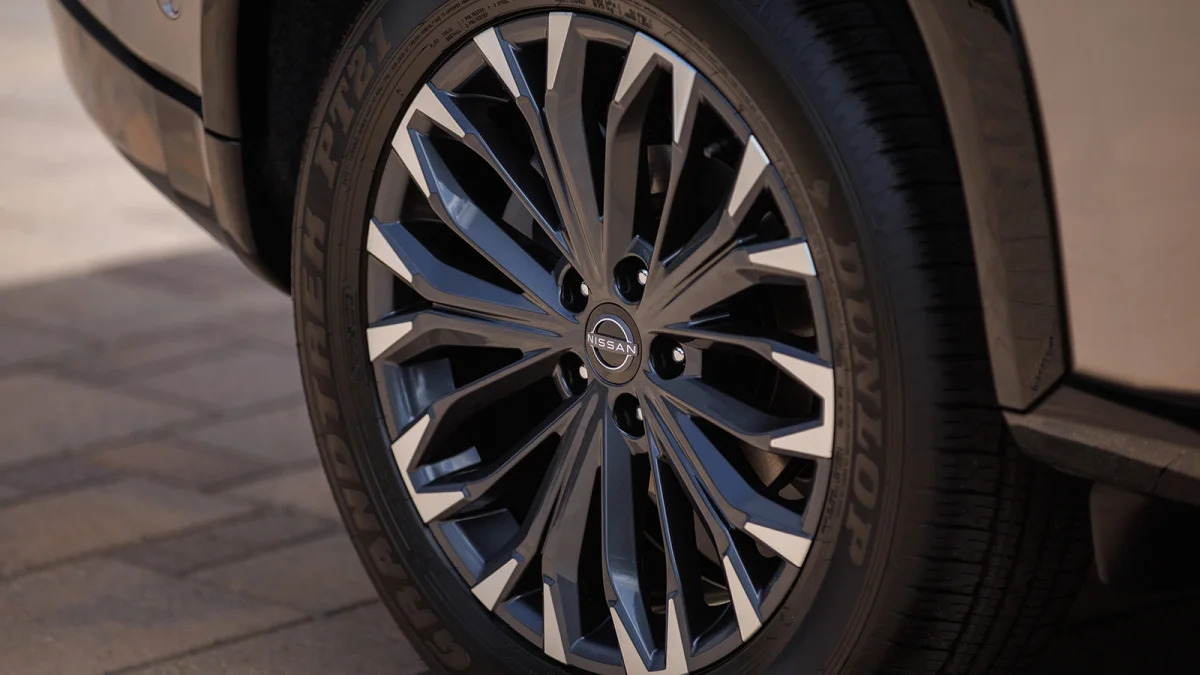
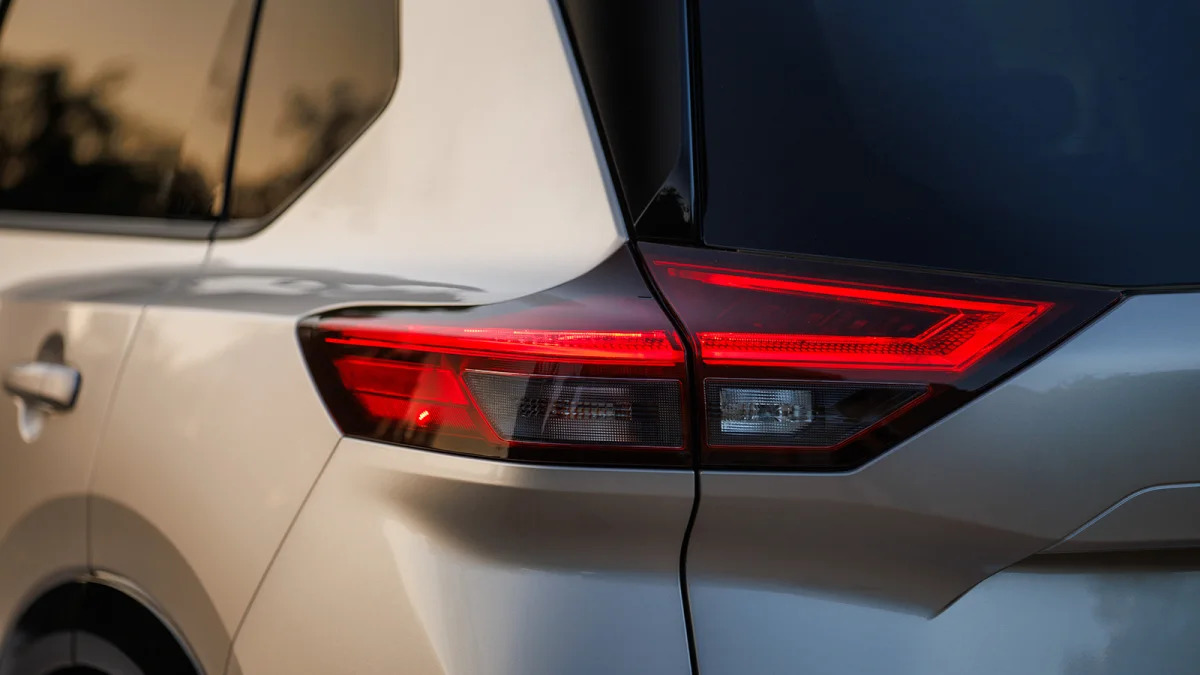
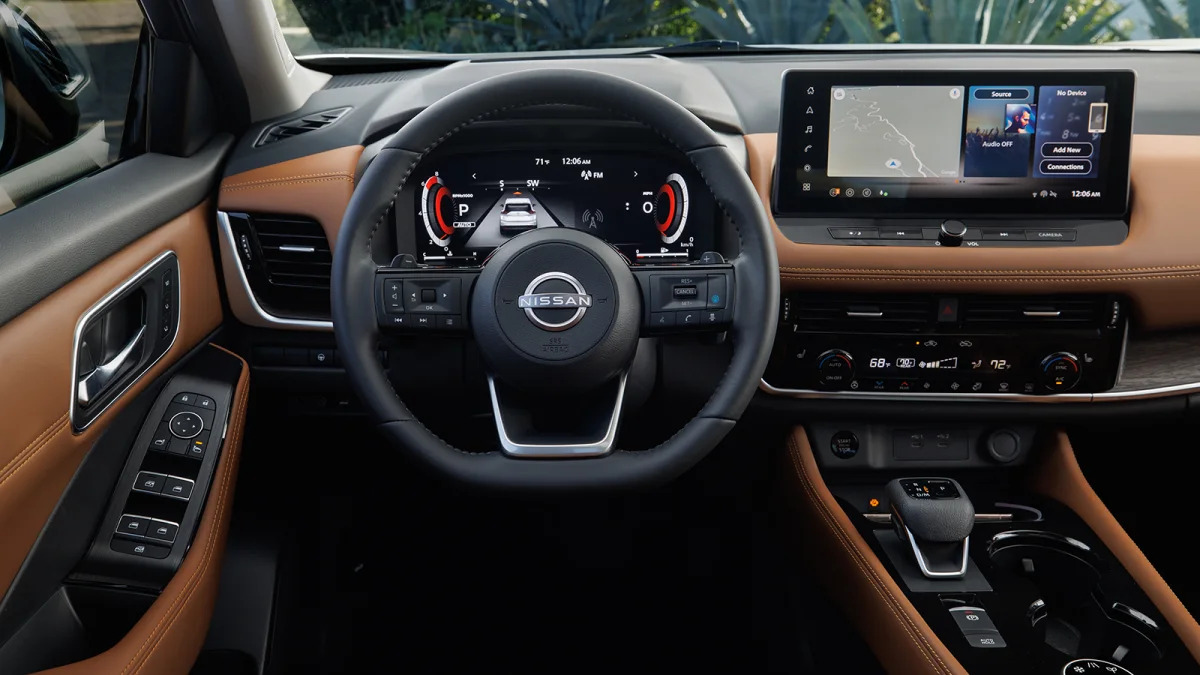

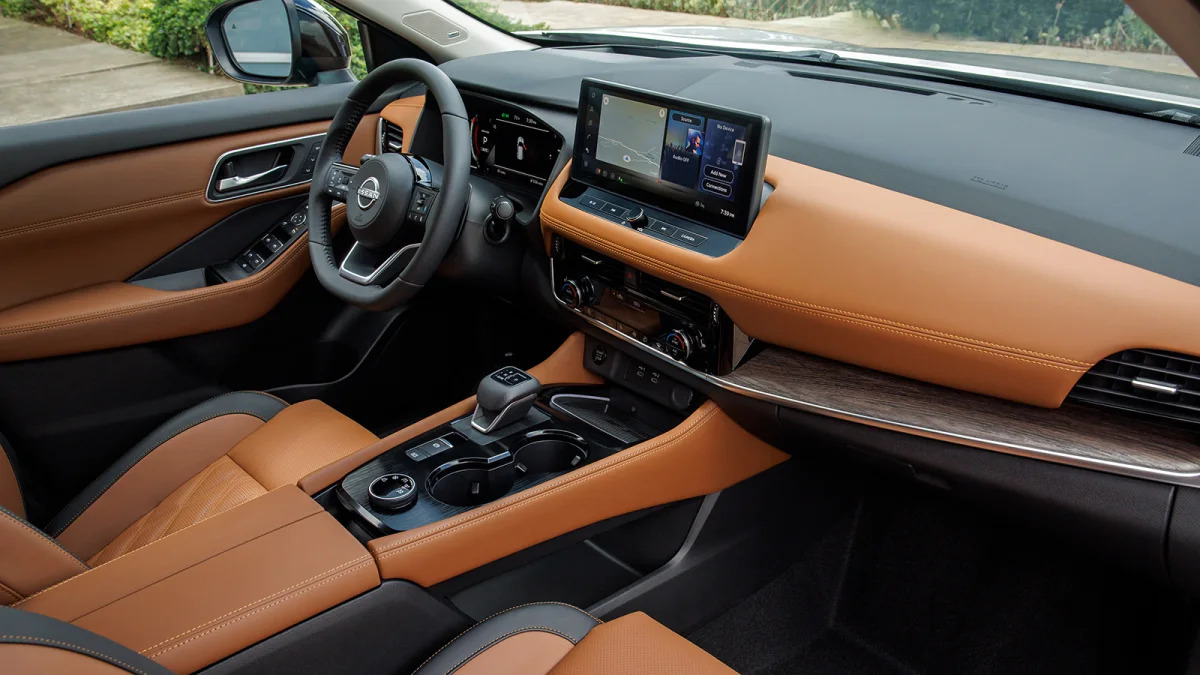

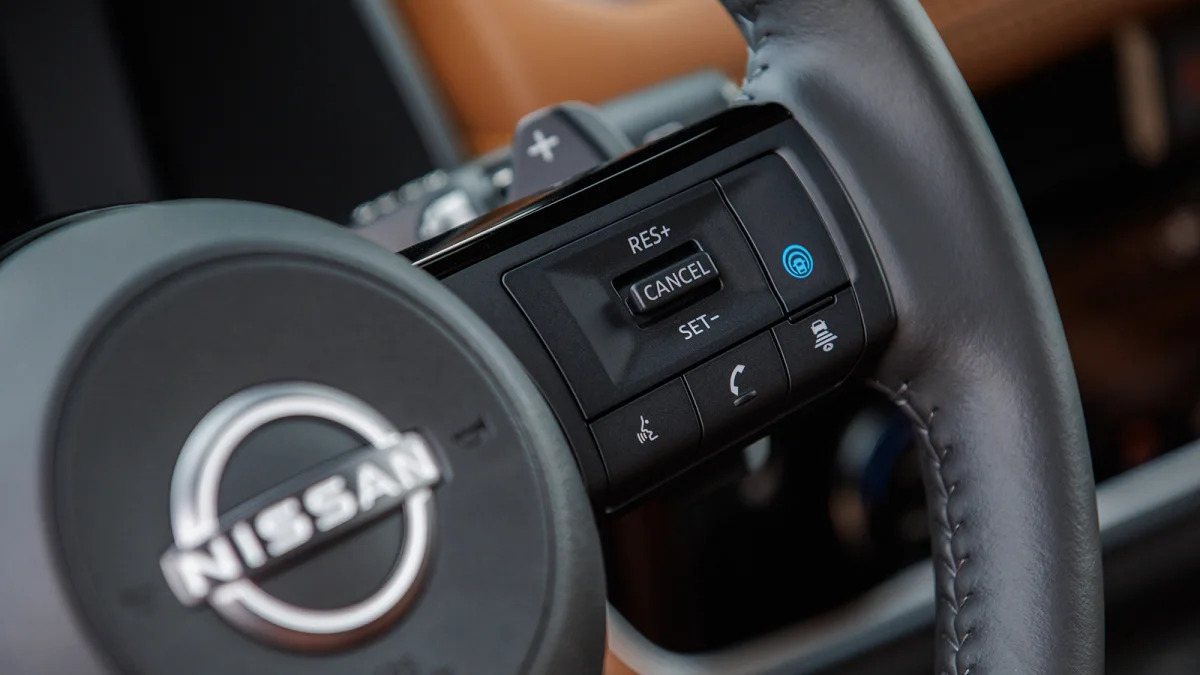
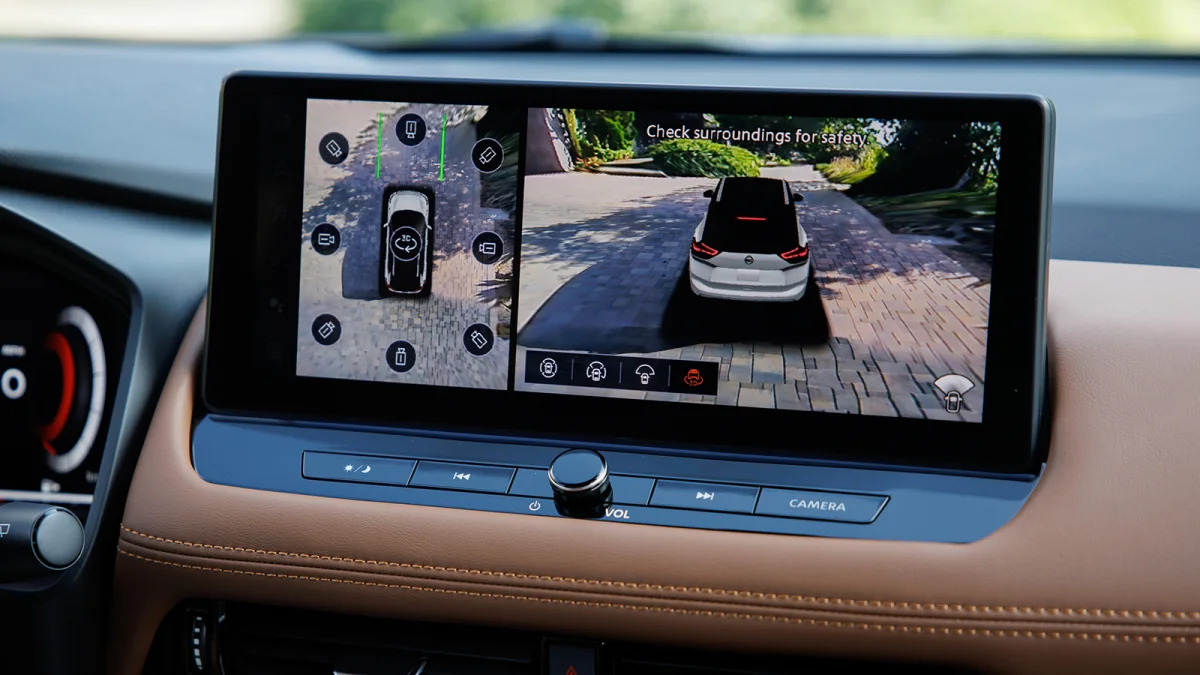
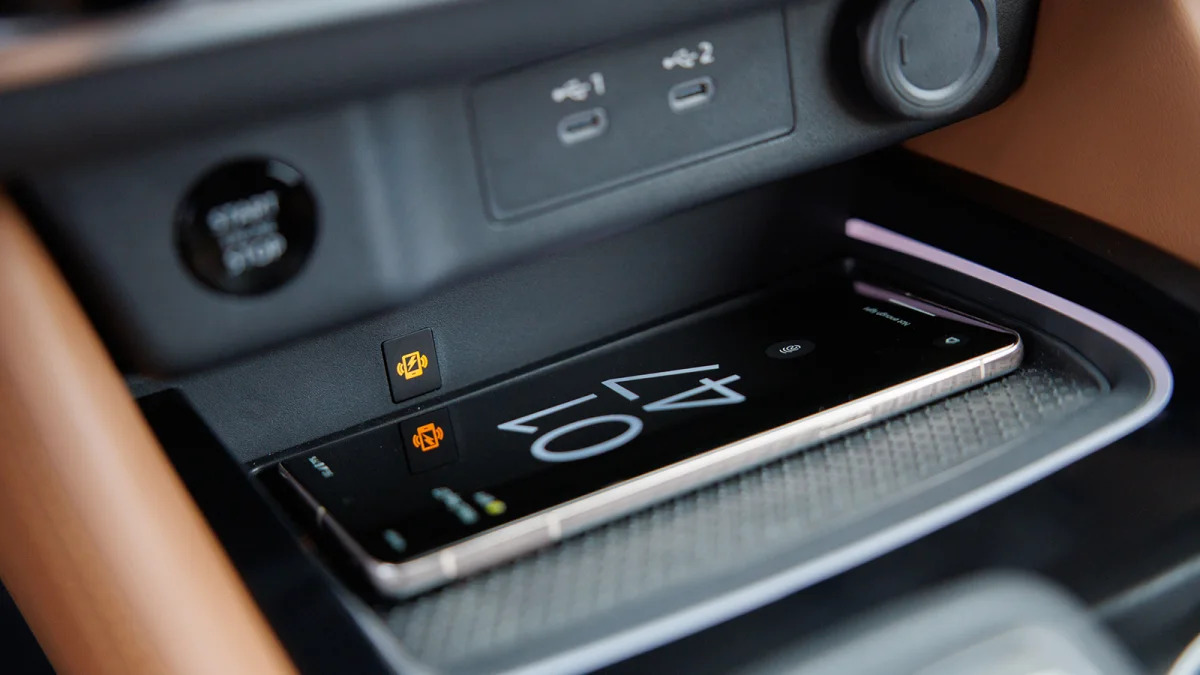
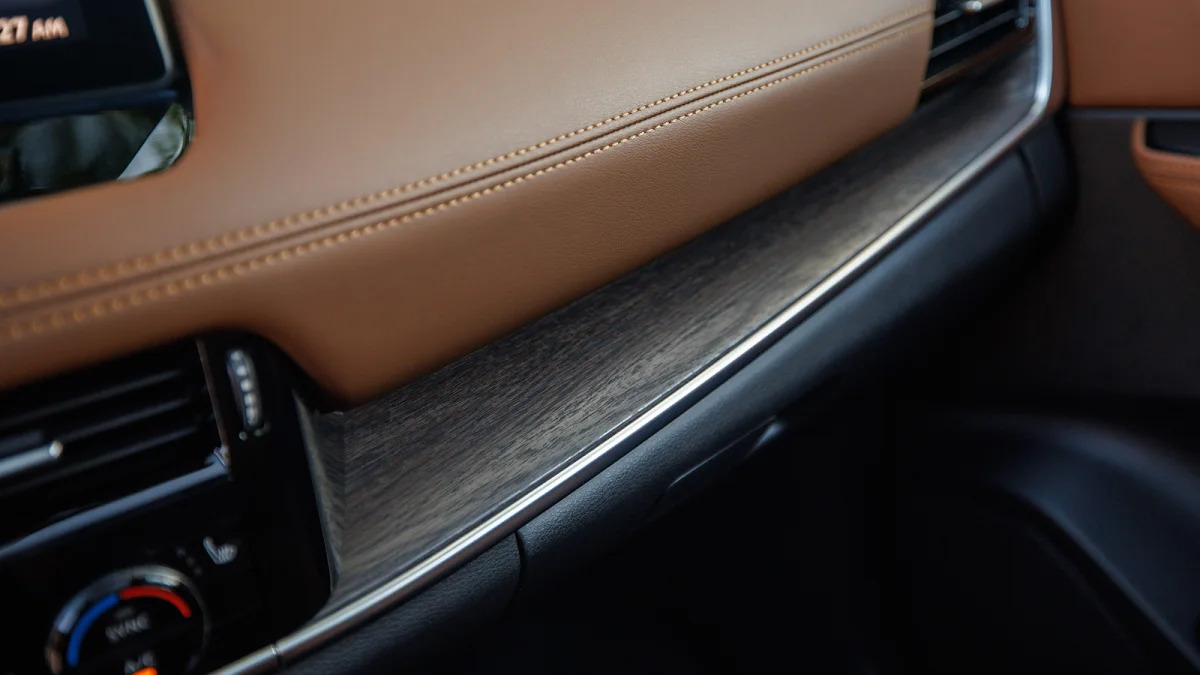
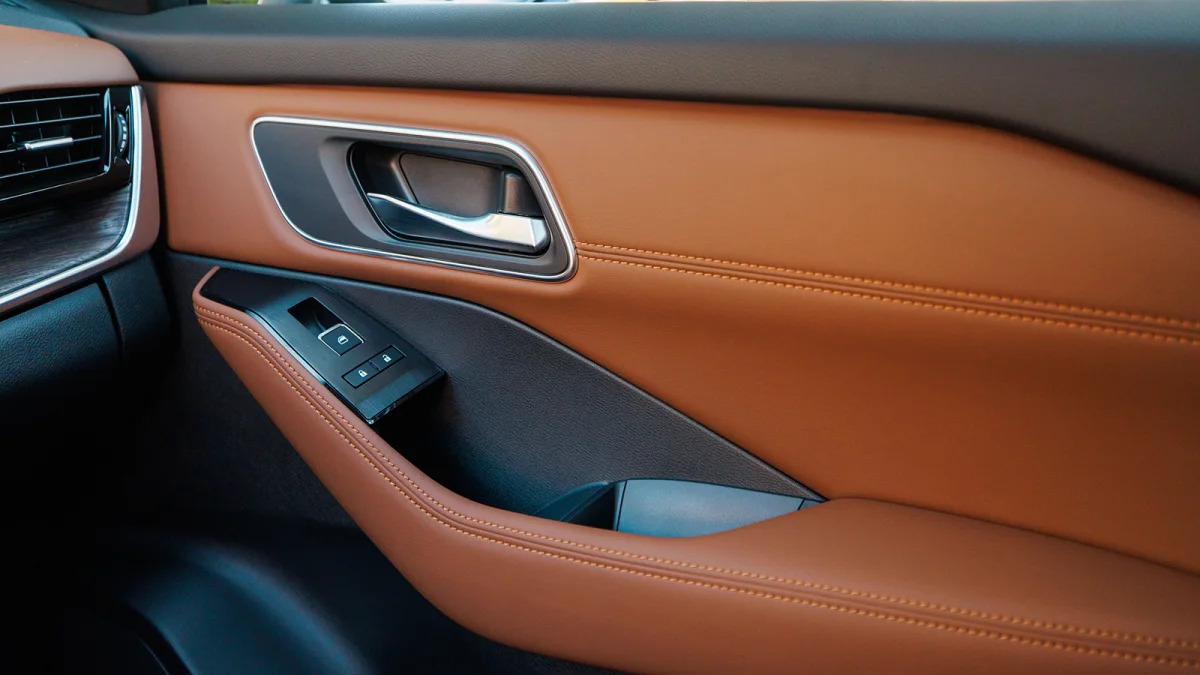
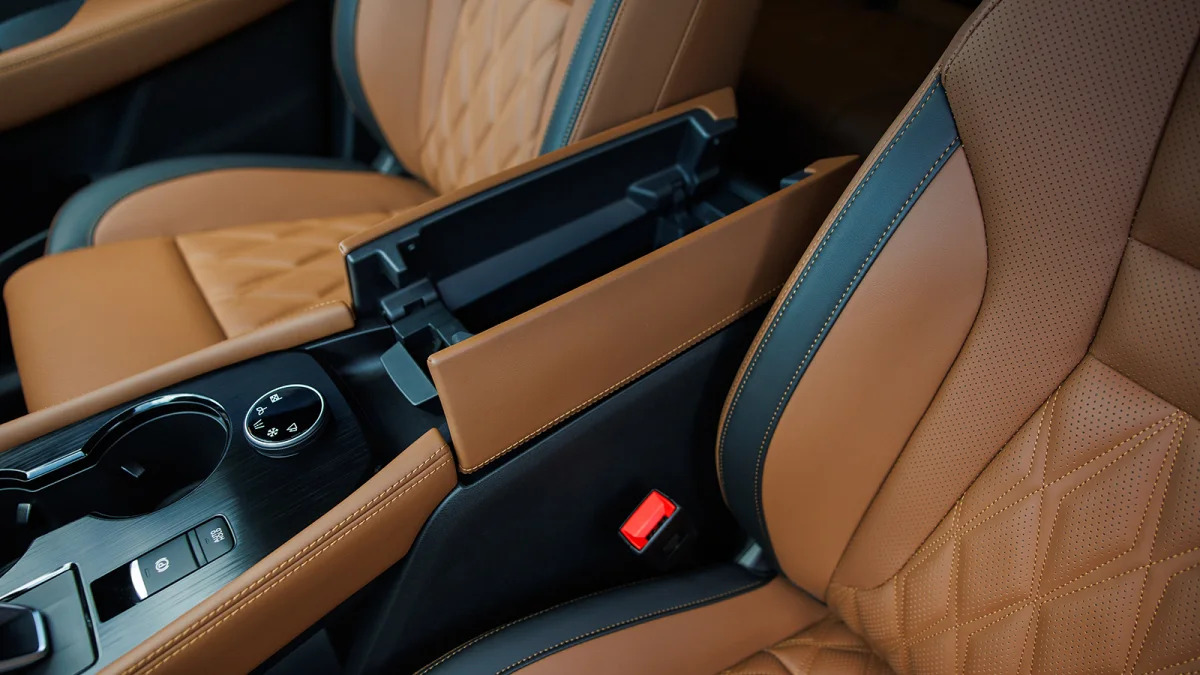

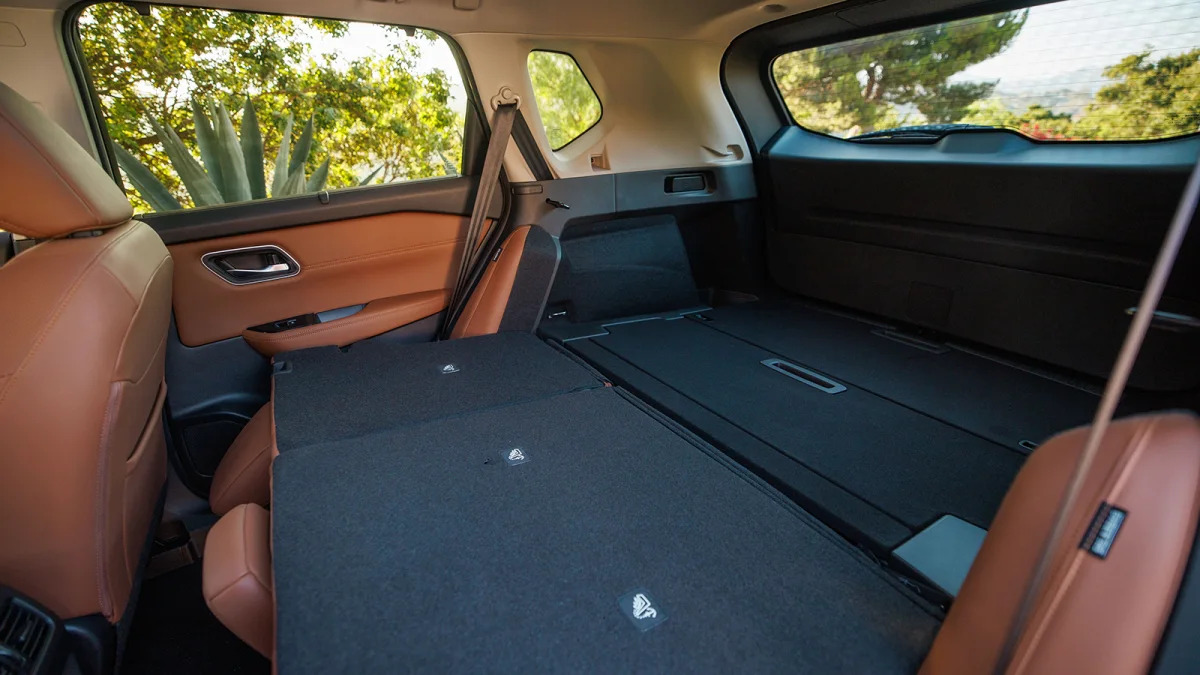

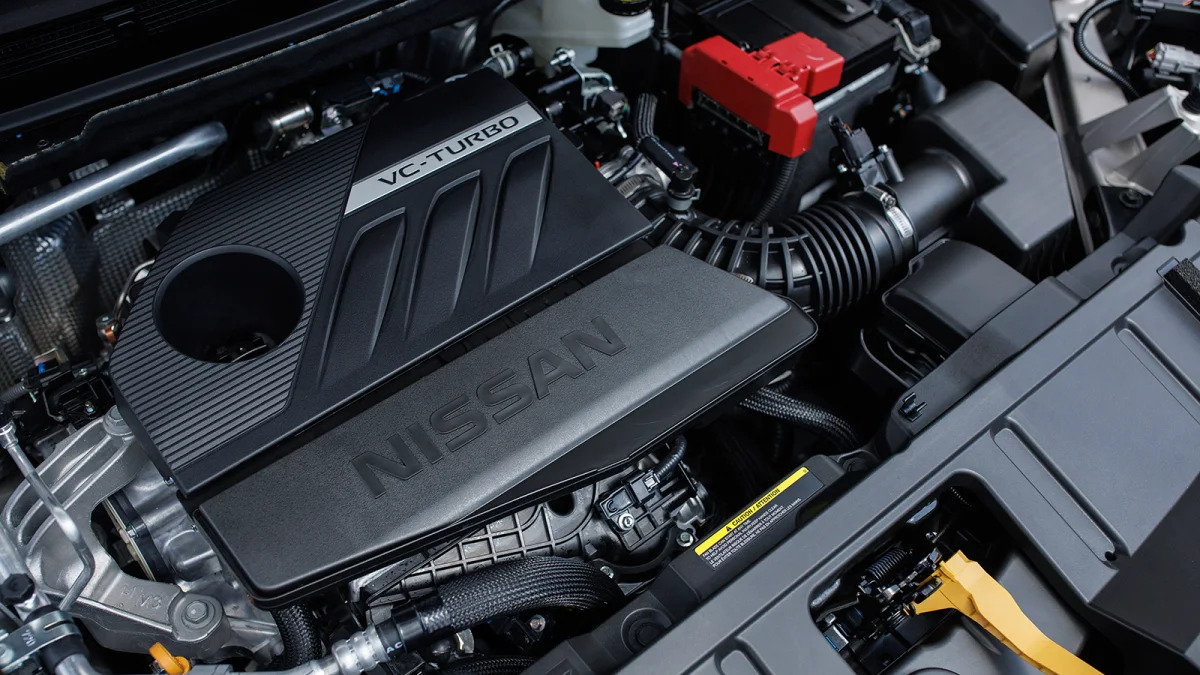







































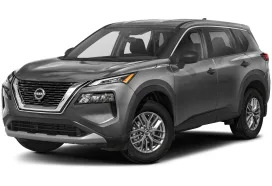
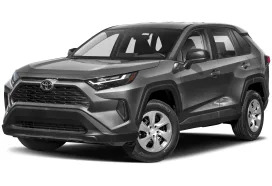
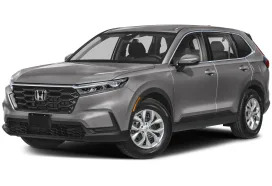

Sign in to post
Please sign in to leave a comment.
Continue